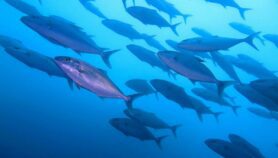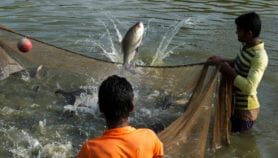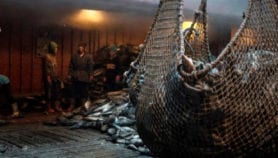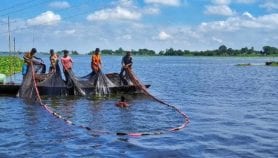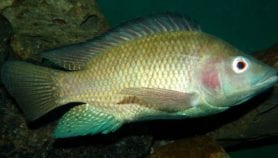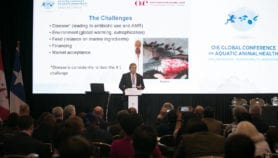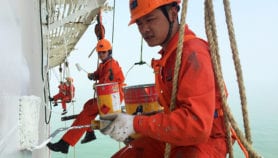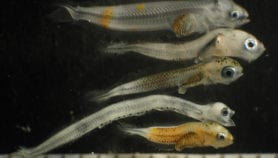By: Charles Mkoka
Send to a friend
The details you provide on this page will not be used to send unsolicited email, and will not be sold to a 3rd party. See privacy policy.
[LILONGWE] Introducing fish farming to farmers in Malawi has improved the income and health of rural communities devastated by HIV/AIDS, announced the WorldFish Center in Malawi this week (20 August).
Fish is traditionally a large part of the Malawian diet, but fish populations and consumption have declined due to overfishing.
In addition, about 14 per cent of the Malawian population is infected with HIV, reducing farm labour and resulting in reduced farm output, according to principal secretary responsible for nutrition and HIV/AIDS, Mary Shawa.
WorldFish, in collaboration with Malawi’s Department of Fisheries and humanitarian aid organisation World Vision, began introducing aquaculture to 1,200 smallholder farmers in 2003.
Farmers — often women and children — were encouraged to use food scraps and farm waste such as chicken droppings and unused stalks as nutrients for small, rain-fed fishponds stocked with local fish such as tilapia.
Research by WorldFish and World Vision showed that families engaged in fish farming consumed 150 per cent more fish, and malnutrition in children under five dropped from 45 per cent to around 15 per cent over three years.
"These small fish ponds offer tremendous benefits to struggling farming families in rural Africa whose many challenges have been greatly compounded by AIDS," said Stephen Hall, director general of WorldFish, in a press release.
He added that the ponds also provide water for crops and sediment that makes excellent fertiliser.
But Tim Andrew from Enviro-Fish Africa, a South African company which helped draft Malawi’s aquaculture masterplan, warned that this kind of aquaculture "has not worked as well in other areas" due to varying institutional support.
He told SciDev.Net that their studies in Malawi suggest that some farmers may succeed simply because they are more innovative, and not as a direct result of integrating fishponds.
Subrahmanyam Pala, a researcher at the company Aquafarms in southern Malawi, said aquaculture had considerable potential, but that farmers could suffer from predation on and theft of their fish stocks and lack of technical knowhow.





